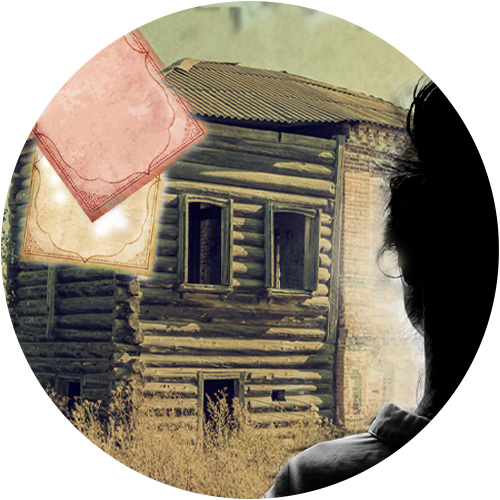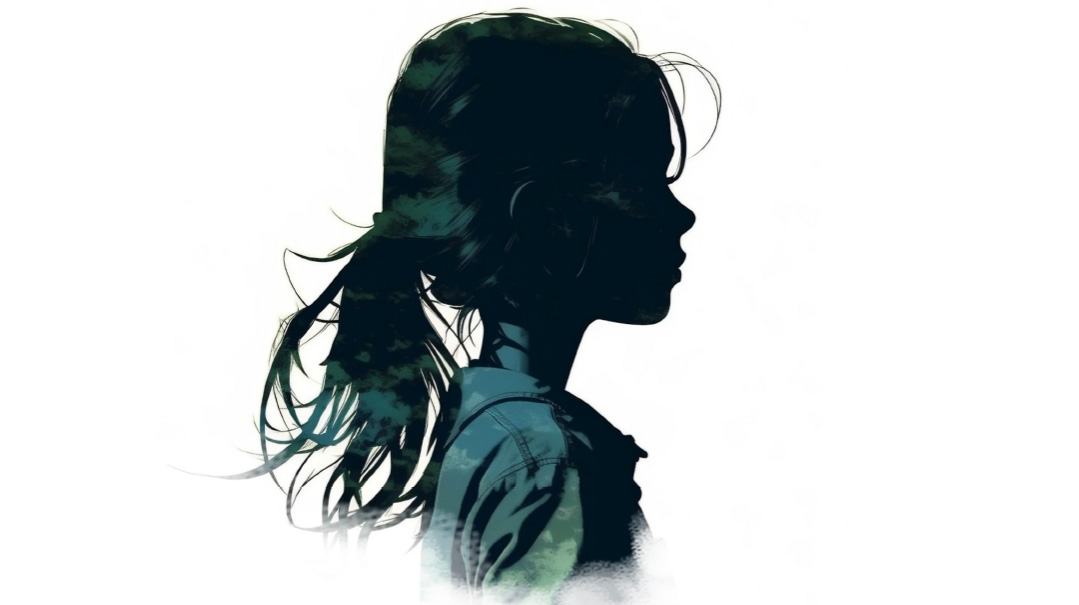Sara’s Story: Chapter 1
| March 15, 2022The lack of basics didn’t bother me much. I didn’t know how much easier life could have been, so I never found myself wishing for more

Tehran, Iran, early 1970s
Ah, Tehran. The scent of walnut and oak. Sprawling parks and beautiful buildings. Morasa polo and kebabs frying on stovetops around the city. Music and fireworks pulsating through the night at Muslim weddings. And, of course, the unequal economy: Wealthy Iranians versus the poor, with no middle class to even things out.
My own family was poor.
Very poor.
It’s probably hard for most people to envision true poverty these days, but back in the Iran that I grew up in, poor meant not being able to afford basic luxuries like a refrigerator and gas oven.
It didn’t mean not having a pretty drop-in tub or even a bathtub without peeling paint. It meant having no bathroom at all. Period.
My family would move to a different apartment every year so as to save on rent. We’d pack up the tiny bit of clothing that we had and move into our new apartment just like that. There were no furniture or household items to take along.
In one of our homes, we got lucky. The bathroom was just across the garden from our one-room apartment, in our landlady’s house, so we didn’t have to trek out into the street. On freezing winter nights, I’d wake up and walk across the snow to use the facilities.
The lack of basics didn’t bother me much. I didn’t know how much easier life could have been, so I never found myself wishing for more.
I did wish for a happier family life, though. My father and mother had separated when I was a baby. I lived with my mother and visited my father occasionally, and their separation pained me.
Oops! We could not locate your form.


